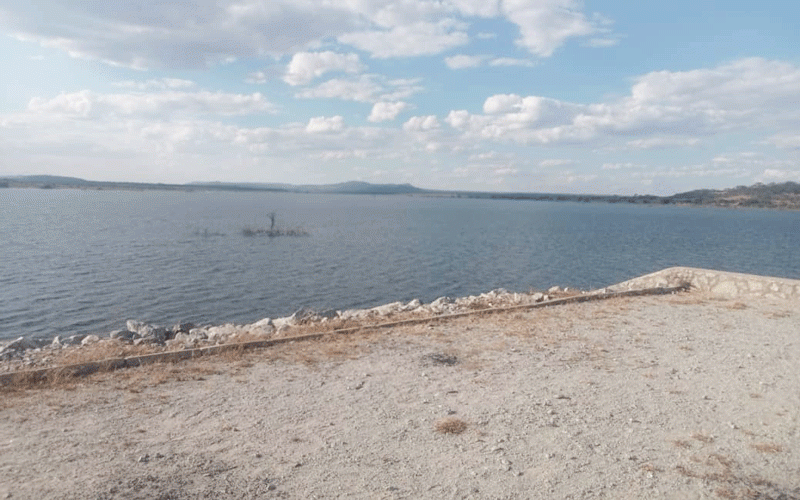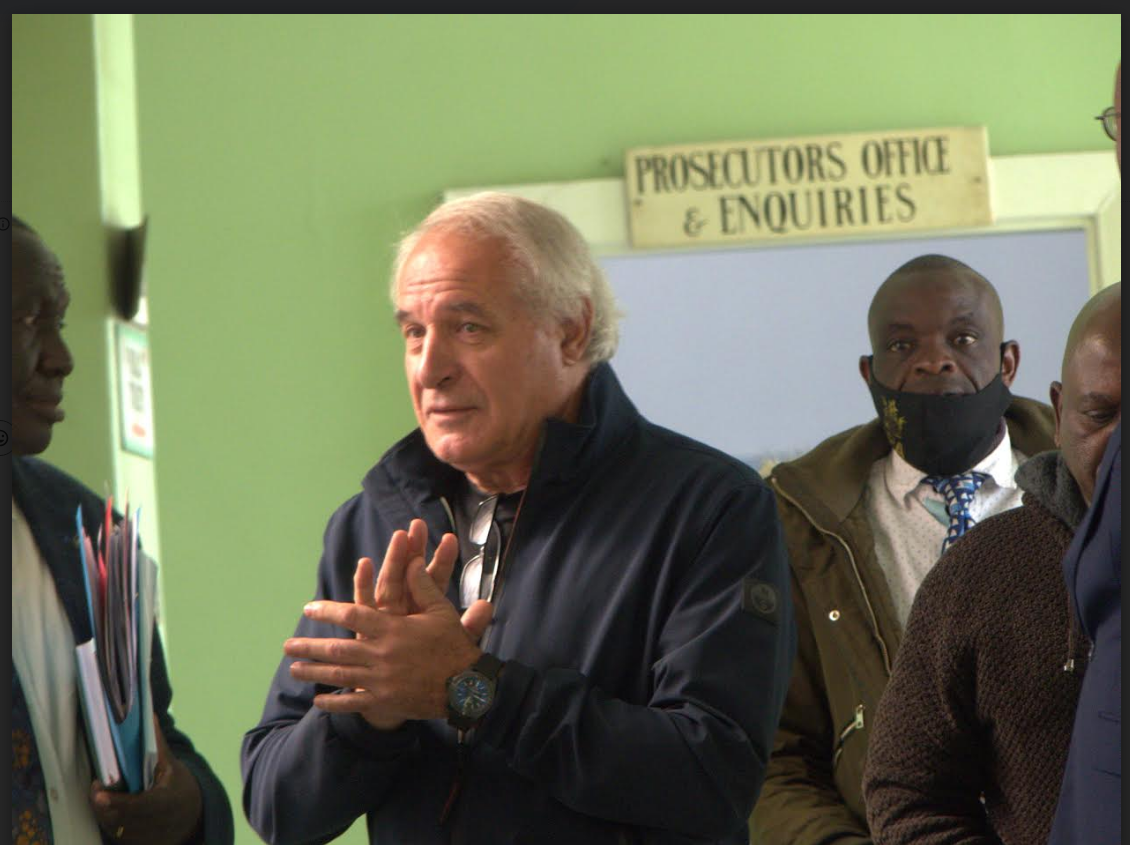
Paul Karikoga* (57) is a bitter man.
He is part of the 48 families, that were relocated to a new area to pave way for the construction of the gigantic Muchekeranwa Dam in Marondera.
Today, he lives about 600 metres from the dam in a substandard house, which he constructed after being promised compensation by government.
About a year after President Emmerson Mnangagwa commissioned the dam, life has not been rosy for Karikoga and other farmers.
“It is not what we expected,” Karikoga said.
“Government promised us good things, but none of the promises have been fulfilled.”
This publication visited the area and met four farmers who poured their hearts out on how they are living miserable lives despite living on the shores of a big water body.
Muchekeranwa Dam was constructed on the confluence of Mucheke and Nyagombo rivers.
- Zanu PF quashes push for diaspora vote
- No internet connectivity at RG’s offices countrywide
- Marondera drug lord busted.
- Residents fume over delayed budget consultations
Keep Reading
It is currently benefiting Marondera University of Agricultural Science and Technology (Muast), which is situated at Dosmerry Farm in the Masomera area.
The project was fast-tracked by former Agriculture minister Joseph Made and then Finance minister Patrick Chinamasa whose farms are close to the giant water source.
Families whose homesteads were close to the dam were relocated into open spaces in the same area.
The relocated farmers are now part of the Muchekeranwa Dam Outgrower Irrigation Scheme (MDOIS).
According to the farmers, Mnangagwa told them that government had brought three centre pivots to be used for irrigation purposes by the affected farmers.
“After the president had left, we were surprised to see a lorry coming to fetch the centre pivot, which he had commissioned,” said one of the farmers.
“We teamed up with other villagers and blocked the move.
“We later found out that the centre pivot belonged to a farmer in Igava.
“Today we are being told that it belongs to Muast.”
The affected families currently have 30 hectares of land under maize, and have already harvested about 15ha to pave way for winter wheat.
The farmers revealed how they have clashed with Muast after realising that they were playing second fiddle in the farming project.
This paper is in possession of a emorandum of understanding (MOU), which was prepared by Muast and signed by the varsity and MDOIS.
Muast is represented by its vice chancellor Justice Nyamangara while MDOIS is represented by one V. Tigere, according to the MOU.
The farmers told this paper that they will not sign the agreement as it is daylight robbery.
In the MOU, the varsity boasted that they invested in the outgrower scheme.
“As of July 2022, Muast had purchased and installed a 30ha towable centre pivot, which has been functional since its installation.
“Provided equipment, which cleared land to establish a 30ha circle that is already being used by the irrigation scheme,” read the MOU.
“Muast is in the process of clearing land for two more 30ha cycles, which will result in 90 ha of irrigable land for the irrigation scheme.”
The farmers said Muast is not being truthful as they claim to have cleared the land on their own.
The farmers accused Muast of bullying them through claiming part of the profits for crop sales.
“To benefit the farmers, the joint committee will administer the profit sharing at ratios 80:20 for the first two years (2022/2023 and 2023/2024 cropping seasons) and 90:10 thereafter, respectively for the community," Muast said.
“The profit sharing is to be done on a net revenue generated after all costs and levies are deducted,” read part of the MoU.
MDOIS chairperson one Tigere told The Standard that the farmers have rejected the MoU.
“We are yet to sign the MoU as there are a lot of disagreements on the whole issue,” said Tigere, who refused to disclose his real name.
“All I can say is we won't sign the current MoU until it is perfected," he said.
According to a correspondence to farmers, Muast intends to sell the maize to Chinhoyi University of Technology (CUT) at a low price.
“We as MDOIS, have agreed to sell our maize through Muast to Chinhoyi University of Technology at the minimum of Grain Marketing Board (GMB) price and similar payment modalities as in their binding memorandum.
“We understand the payment shall be made to Muast and then transferred,” read the correspondence.
The farmers have refused to sign the trade deal saying Muast is taking them for a ride.
“Muast wants to sell maize on behalf of us at the minimum GMB price to CUT, that is unacceptable,” said one of the farmers.
“We are being abused each and every moment.
“We have to repay loans at AFC Bank, which we used to buy chemicals among other things.”
The dam project was funded by the government to the tune of US$5 million.
It has a storage capacity of 75 000m3 and is at the boundary of Mashonaland East’s Marondera district and Manicaland’s Makoni district.
The areas that will benefit from the dam are Svosve in Mashonaland East province and Chiduku in Manicaland province.
Karikoga regrets ever relocating as his life and future have turned out to be bleak.
“I had a water pump along Mucheke River and I used to get money from selling horticulture products,” he said.
“We have no more gardens and other pieces of land to farm independently,” he said.
*The interviewed farmers refused to be name to avoid victimisation.










